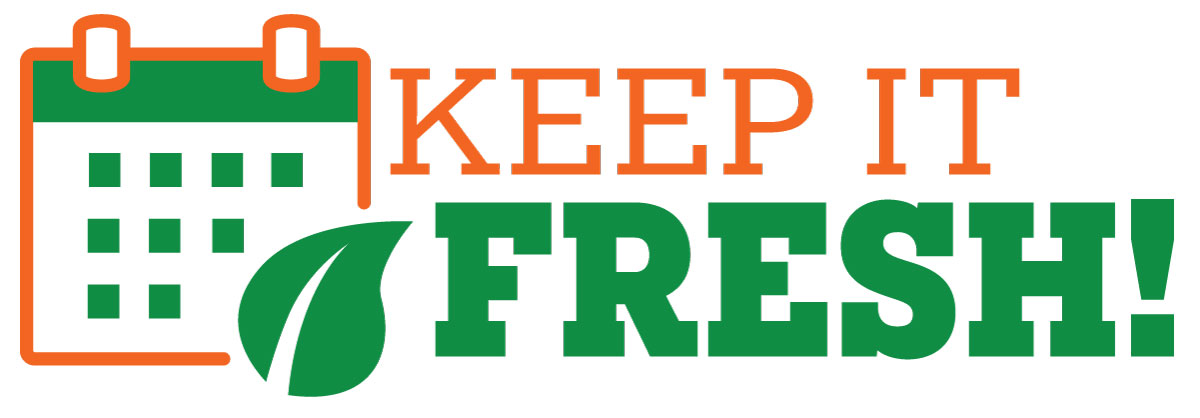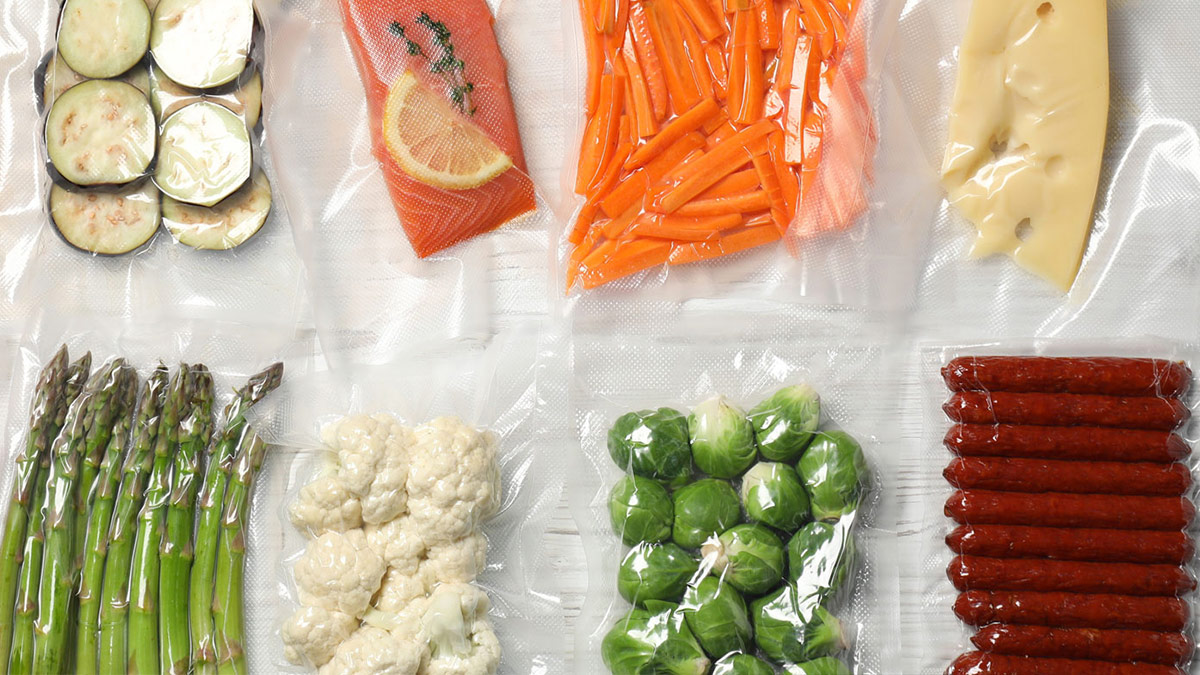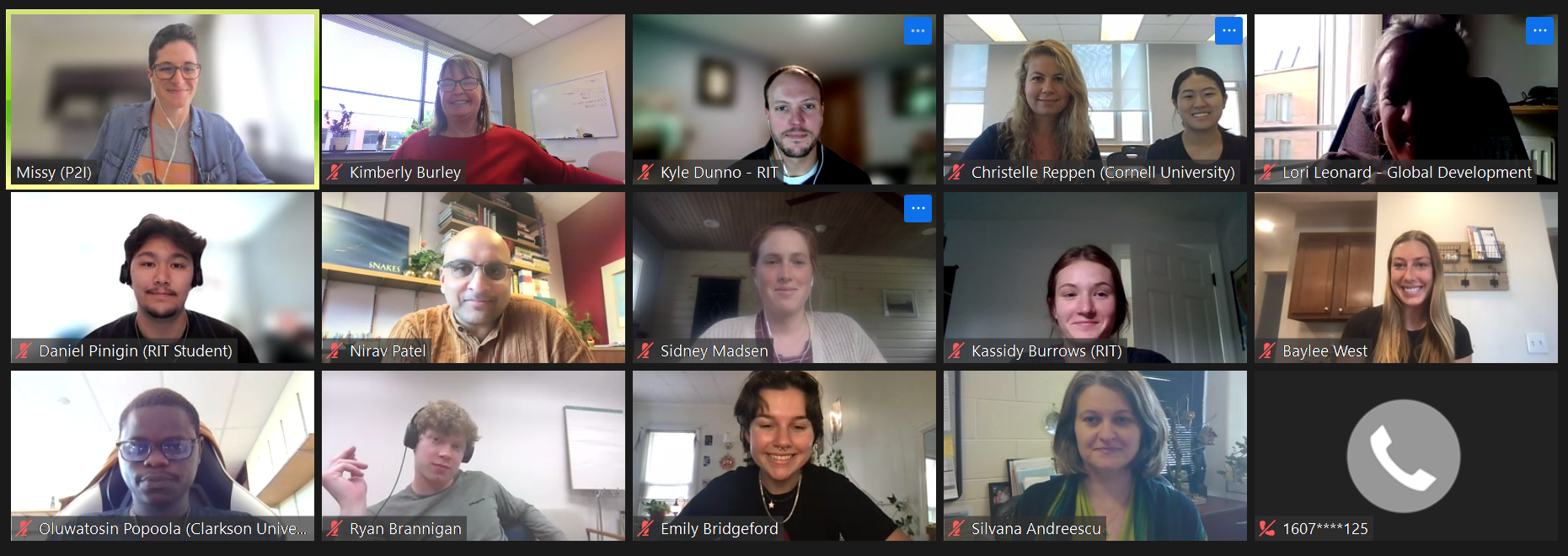Student Packaging Research
The 2023 Inaugural Student and Faculty Research Program—"Keep It Fresh!"— is a collaboration between RIT, Binghamton University, Clarkson University, and Cornell University. The program enables students to propose, research, develop, and design solutions to real world environmental challenges by funding student-driven research projects focused on a defined sustainability topic. It is meant to foster creative thinking, problem solving, teamwork, and collaboration across disciplines.
The 2023 research theme was focused on packaging technologies and their applicability to reduce food spoilage.

Inaugural NYSP2I Student Packaging Research Symposium
Friday, September 29, 2023
Binghamton University







